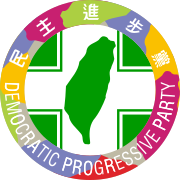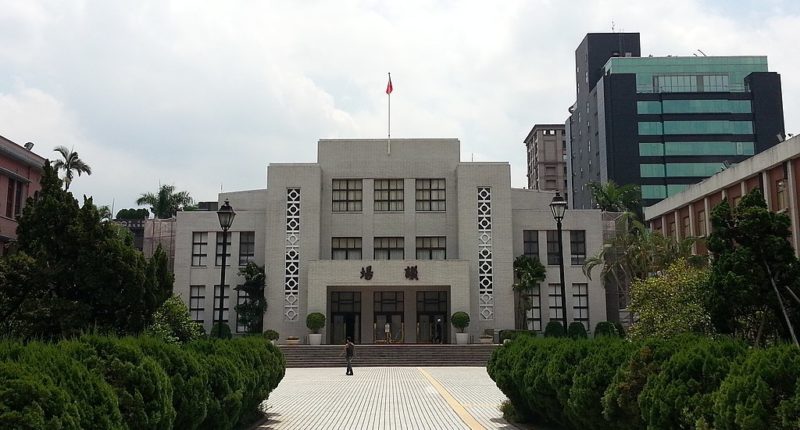On August 28th, Taiwan’s Constitutional Court declared in Interpretation 793 that provisions of the Act Governing the Settlement of Ill-Gotten Properties by Political Parties and Their Affiliate Organizations (政黨及其附隨組織不當取得財產處理條例) are constitutional.
The Act, which aims to ensure fair competition between political parties by handling illegal party assets and properties, was part of the Tsai administration’s efforts to implement transitional justice.

When the KMT retreated from the mainland in 1949, after losing the civil war, it amassed a large fortune through illegal and authoritarian methods, taking on property from the colonial Japanese regime and receiving “donations” from local levels of government.
At one point, the KMT boasted assets worth more than NT$100 billion, helping it gain an unfair advantage over competitors.
Proponents of the Act believe that a healthy rule-of-law democracy requires some regulations on party finances in order to ensure fair competition among all political parties. Thus, previously ill-gotten assets should be returned to the national treasury and not remain held by any particular party.
However, a constitutional challenge against the Act was brought by seven Taipei High Administrative Court judges in May, after the KMT first questioned the legality of the Act in 2016.
They held that the Act, in authorizing the confiscation of all ill-gotten assets of the KMT and its affiliated groups, violates important constitutional principles such as non-retroactivity.
Is this an unfair ex post facto law?
Article 7 of the Constitution maintains legal certainty by ruling out laws which target events that had occurred in the past.
For if the legality of past events can be changed by newly passed laws, then the legal order would become unstable and unpredictable.
During the period of Taiwan’s martial law, the KMT leveraged its dominance as the ruling party to obtain property from the nation and its people.
Although the KMT does not deny that it plundered property in the past, the party argues that decisions made by the Ill-Gotten Party Assets Settlement Committee to confiscate the party’s ill-gotten properties today are an instance of unfair retroactive law.
Indeed, the KMT’s actions appeared legal at the time, so it would seem unfair for them to be punished by a new law passed 30 years after the fact.
However, the Court noted importantly that this legality is conceived under an authoritarian light, unacceptable under the standards of today’s constitutional democracy.

Thus, it found the Act to be a necessary corrective measure in establishing a firm foundation of fair competition among all political parties and in completing the transition from authoritarianism to liberal democracy.
In other words, this is not an instance of retro-activity, but a matter of undoing wrongs left over from the authoritarian era that might undermine democracy today.
Is the Act some type of Bill of Attainder?
Another point of contention is the legislative principle that prohibits Bill of Attainders, or acts designed to single out a specific person, declaring them guilty of some crime and punishing them as such.
Accordingly, the KMT argues that the Act is a political weapon passed by the DPP to specifically target the KMT’s assets.
This argument has some truth to it.
Even though the text of the Act refers to the settlement of ill-gotten assets unfairly acquired by political parties in general, the Act, as it is currently carried out, only affects the KMT in practice.
But the Court nonetheless did not find this to contravene the constitutional protection of equality and proportionality.
It drew again from the principles of transitional justice, emphasising the fact that the KMT was the only party that acted as a perpetrator during Taiwan’s period of martial law.
The Court also explained in its interpretation that Provisions in the Act do not hinder the freedom of citizens to organize political parties and do not deprive political parties of those assets which they depend on for their continual operation.











Comments are closed.